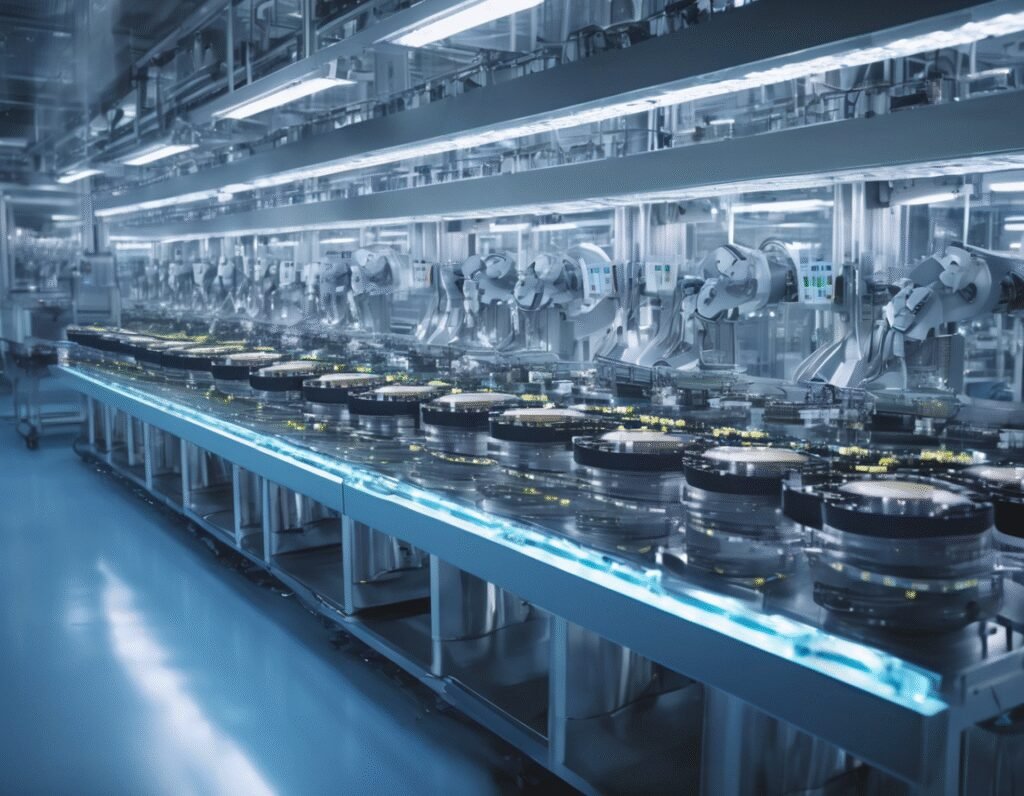OpenAI is preparing to launch mass production of its own custom artificial intelligence chips as early as next year, a strategic move aimed at securing the immense computing power required by its users and reducing its significant dependence on chip giant NVIDIA. This development, confirmed by sources, highlights the growing trend of major tech companies seeking greater control over their hardware infrastructure.
The custom AI accelerator was reportedly designed in collaboration with the US semiconductor company Broadcom. This partnership gained attention recently when Broadcom’s CEO announced securing a massive new client with orders totaling a staggering ten billion dollars. While the client was not officially named, sources have identified OpenAI as the company behind this enormous investment. The chips are intended for internal use only, with no current plans for OpenAI to sell them to other companies.
This initiative is not a new consideration for the AI leader. Reports from last year indicated that OpenAI had begun exploring the possibility of developing its own processors. At the time, CEO Sam Altman had publicly pointed to GPU shortages as a primary cause for issues with the speed and reliability of the company’s API services. Previous reporting also suggested that OpenAI was working with both Broadcom and the Taiwan Semiconductor Manufacturing Co. on the project, though it remains unclear if TSMC is still involved in the current production plans.
The push for proprietary hardware comes at a critical time for OpenAI. Following the release of its latest model, the company has experienced a surge in user demand that has strained its existing computational resources. In response, Altman announced plans to double the size of its computing infrastructure within the next five months. Manufacturing its own chips directly addresses the potential for future GPU supply constraints that could hamper this aggressive expansion. Furthermore, producing chips in-house is expected to lead to substantial long-term cost savings for the company.
Industry analysts suggest that custom AI chips, often referred to as XPUs, are poised to capture a significant portion of the AI hardware market in the coming years. For now, however, NVIDIA continues to dominate the sector. The company recently posted impressive financial results, revealing a fifty-six percent increase in revenue for its most recent quarter compared to the same period last year. This growth occurred even without the company shipping its specialized H20 chips to the Chinese market, underscoring the intense global demand for its products.
OpenAI’s entry into chip manufacturing signals a pivotal shift in the AI industry, where controlling the underlying hardware is becoming just as important as developing the software algorithms that run on it.

